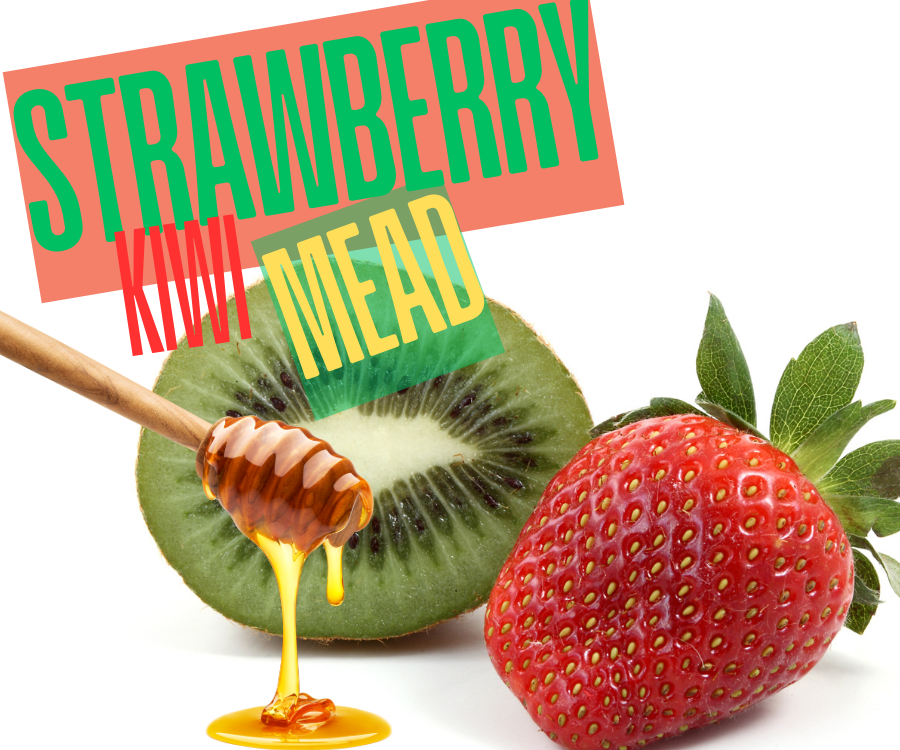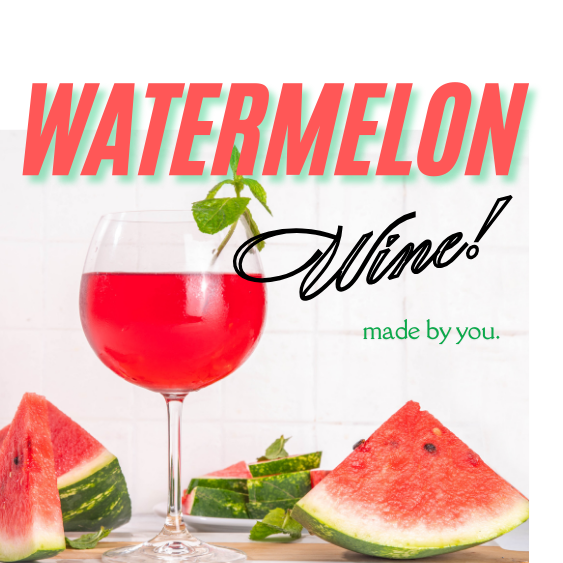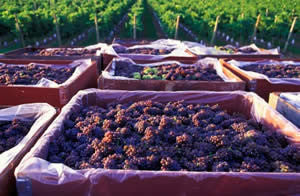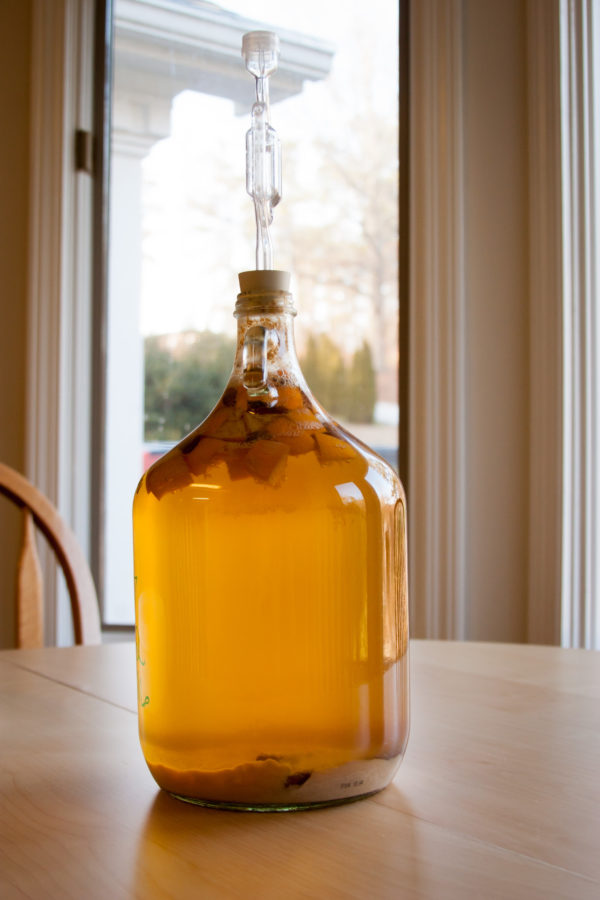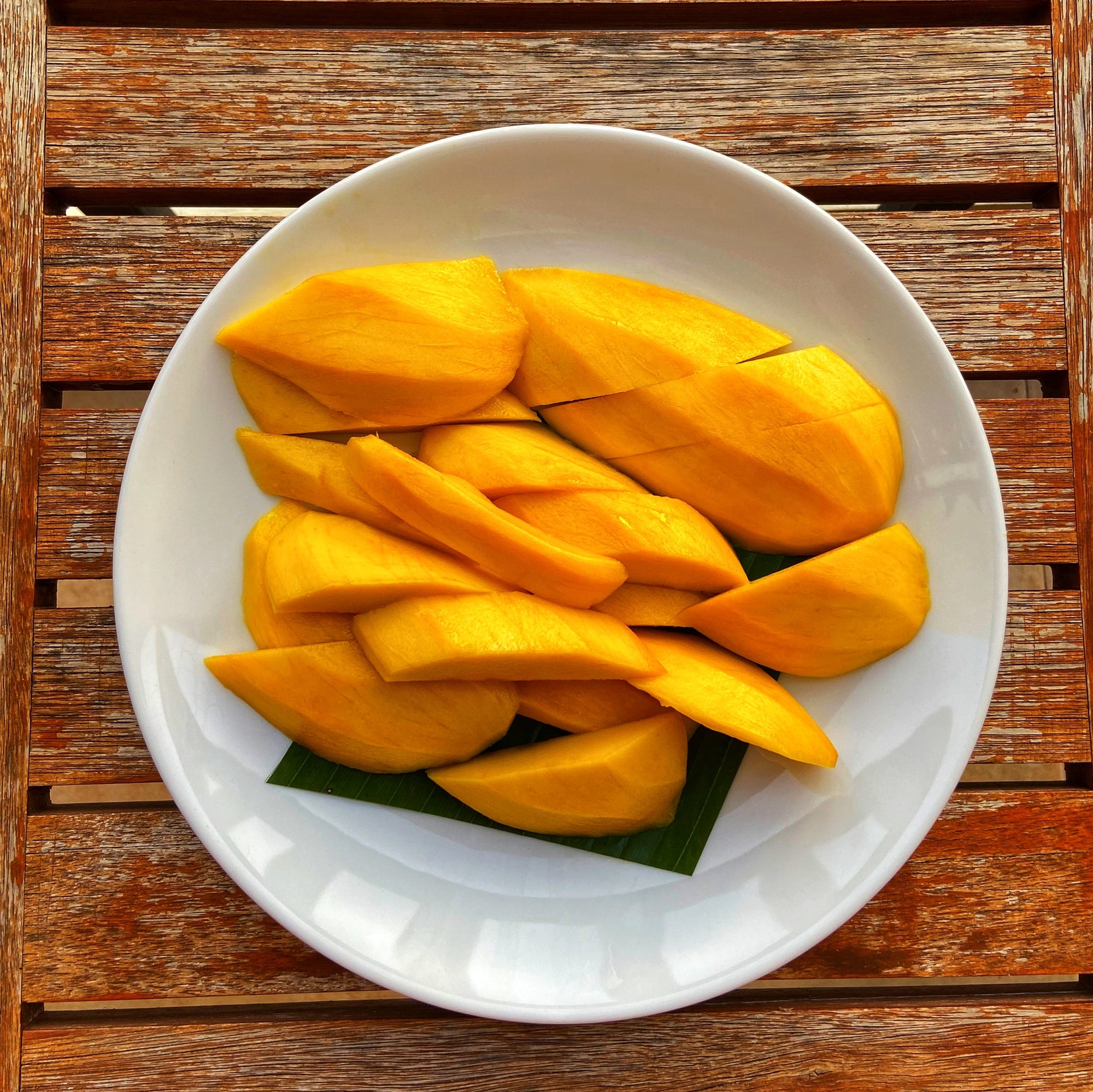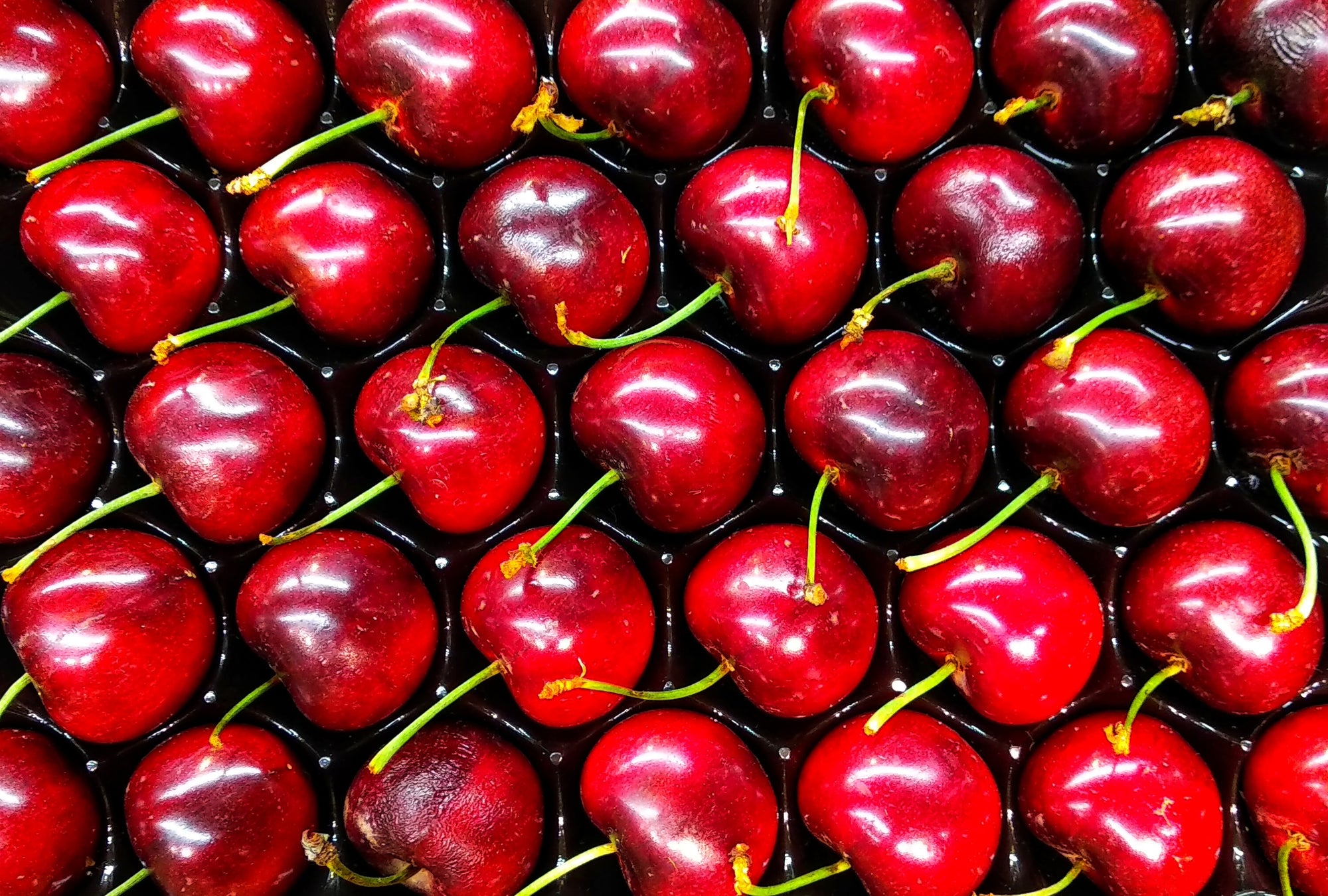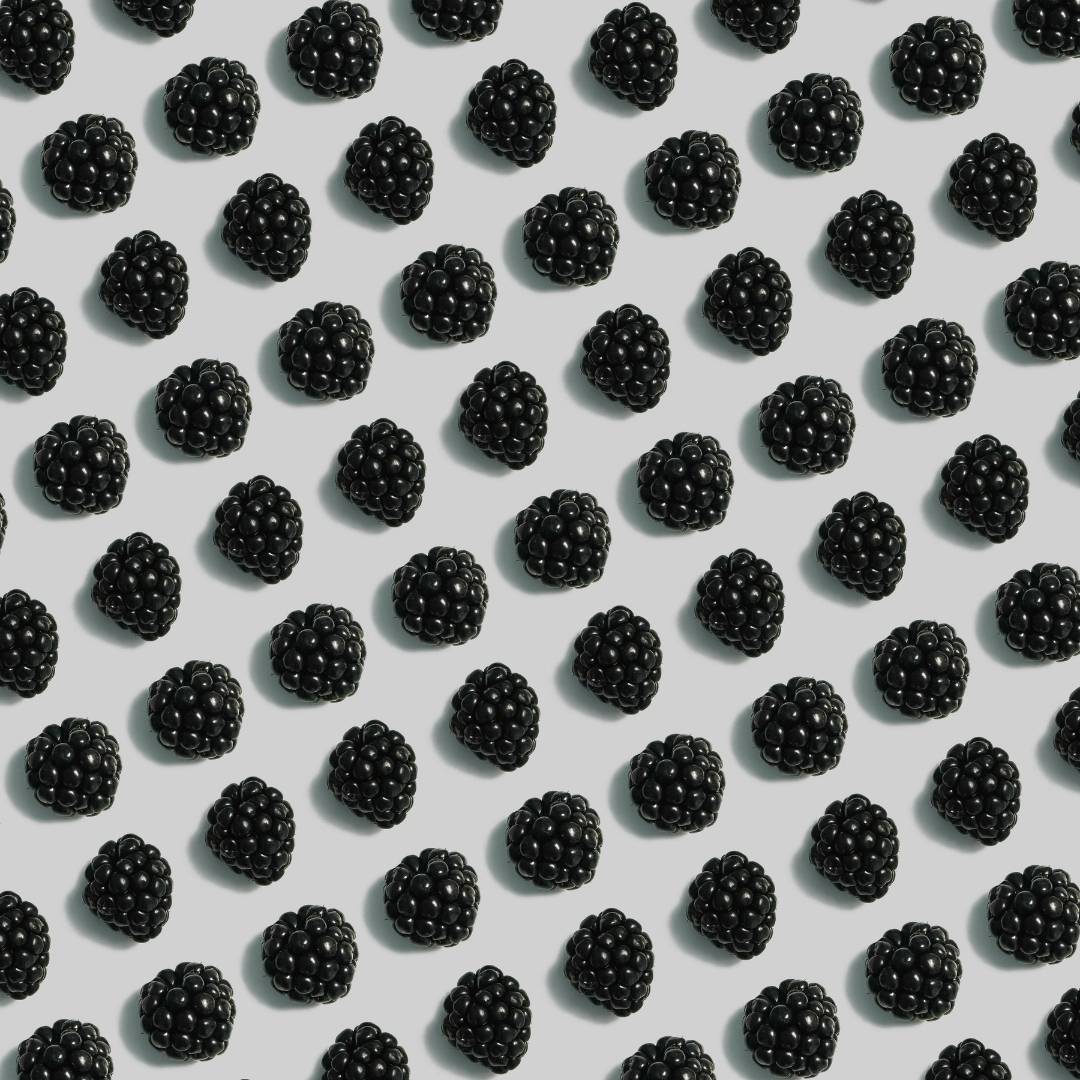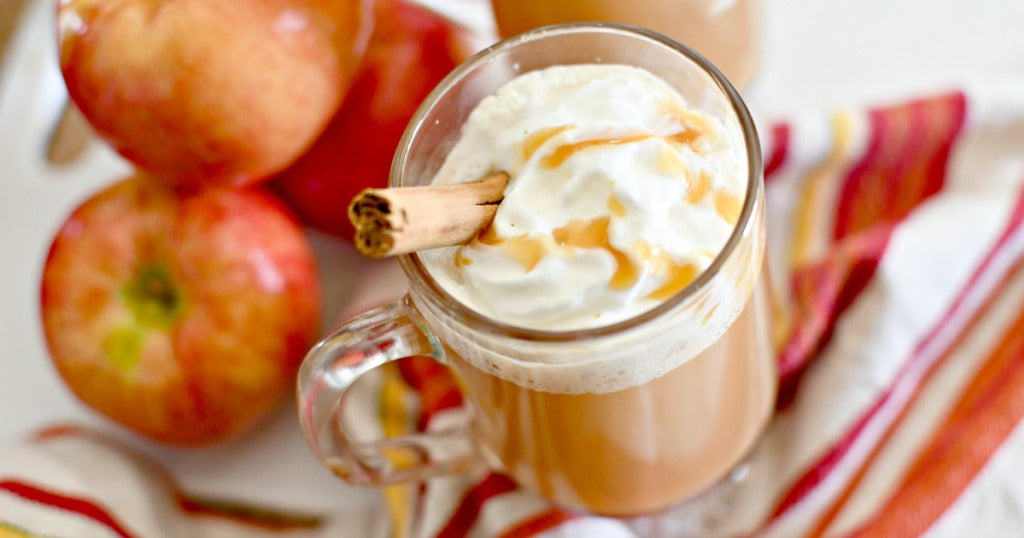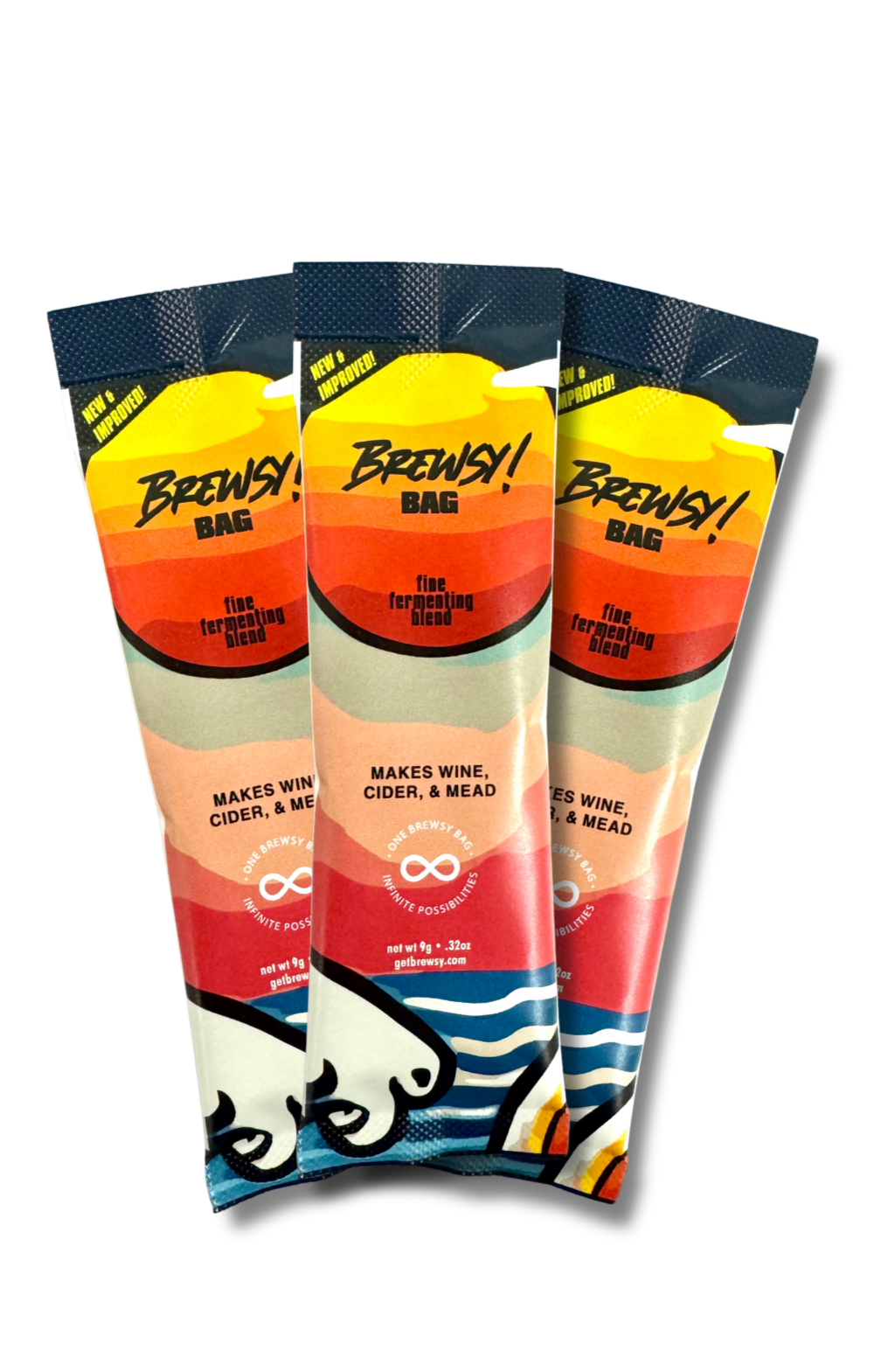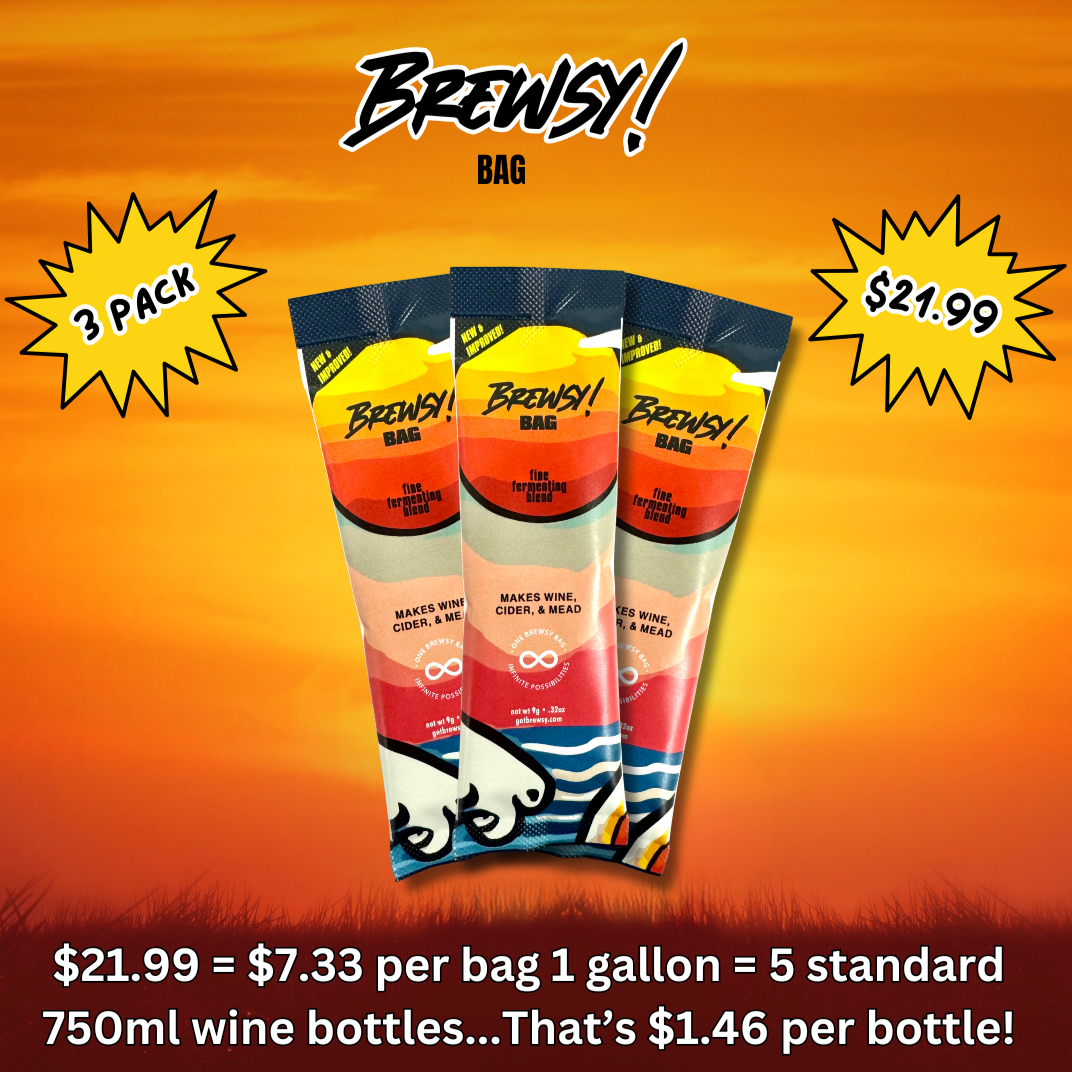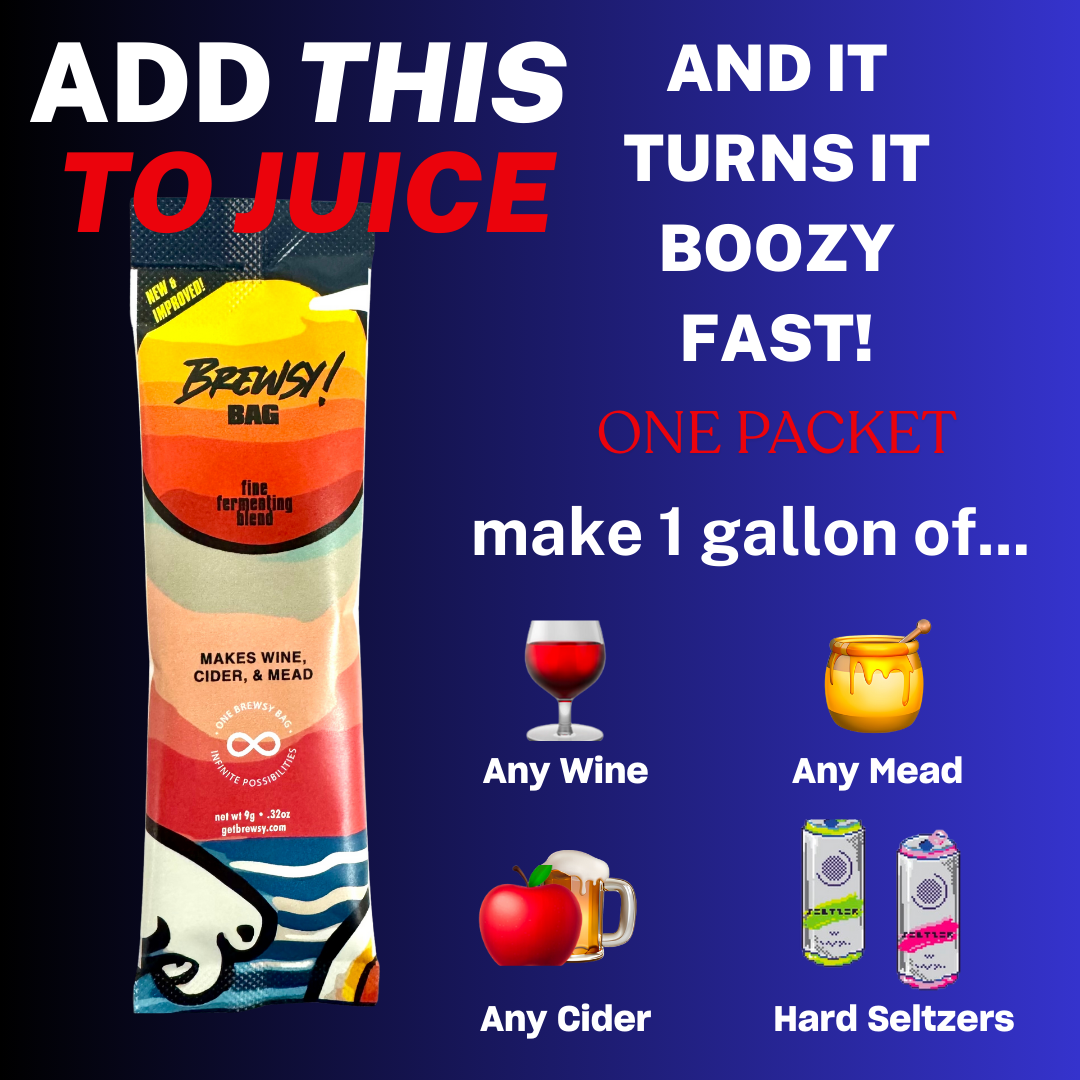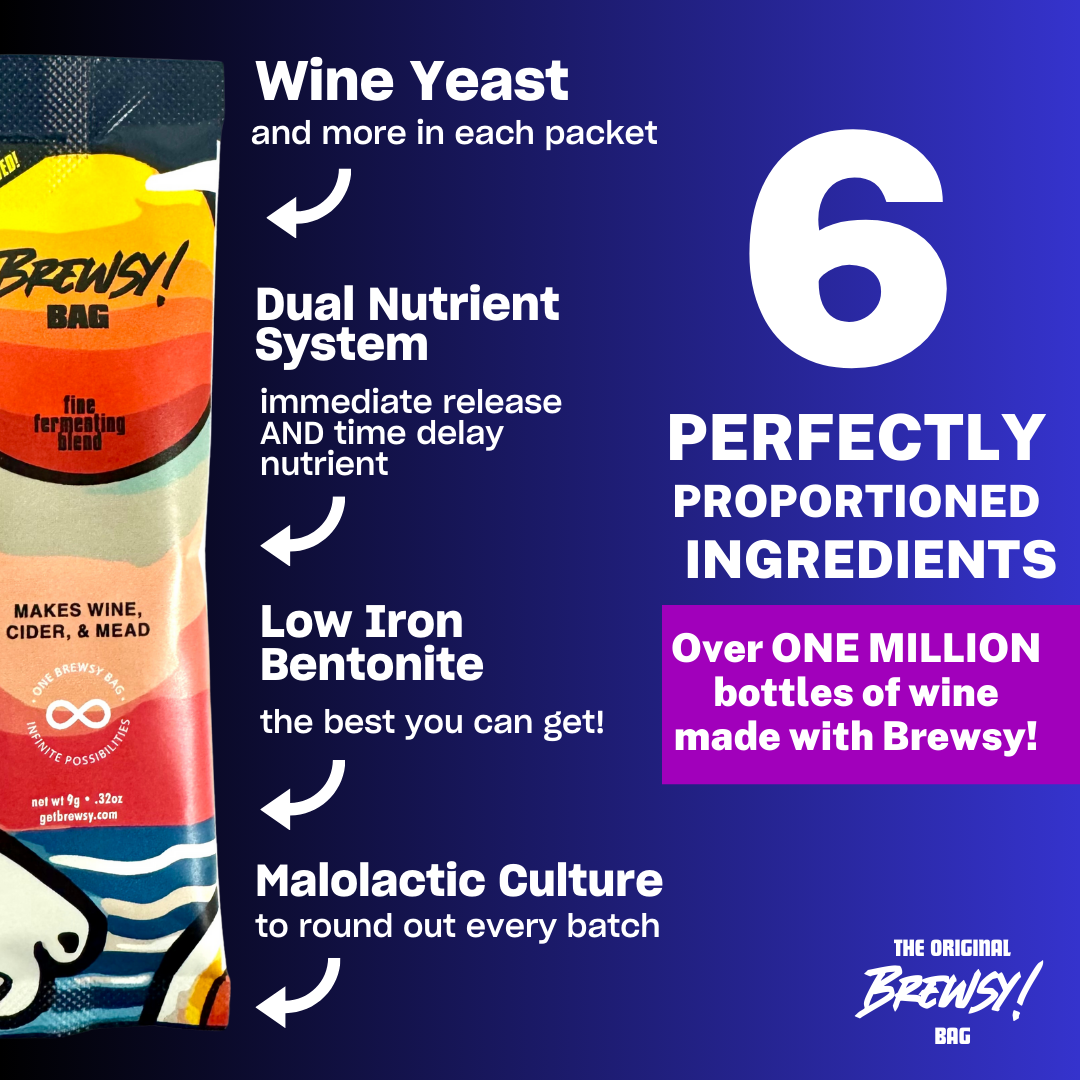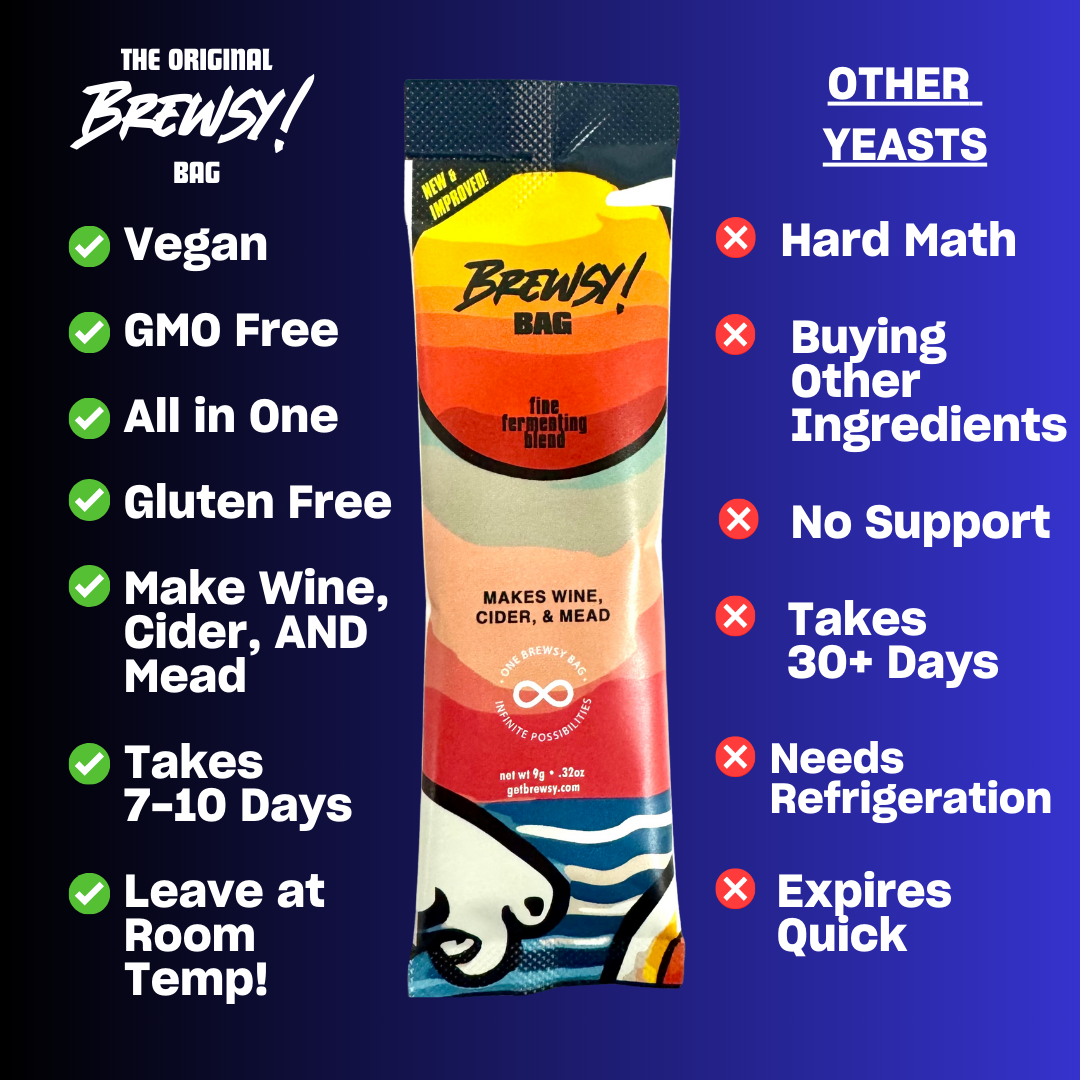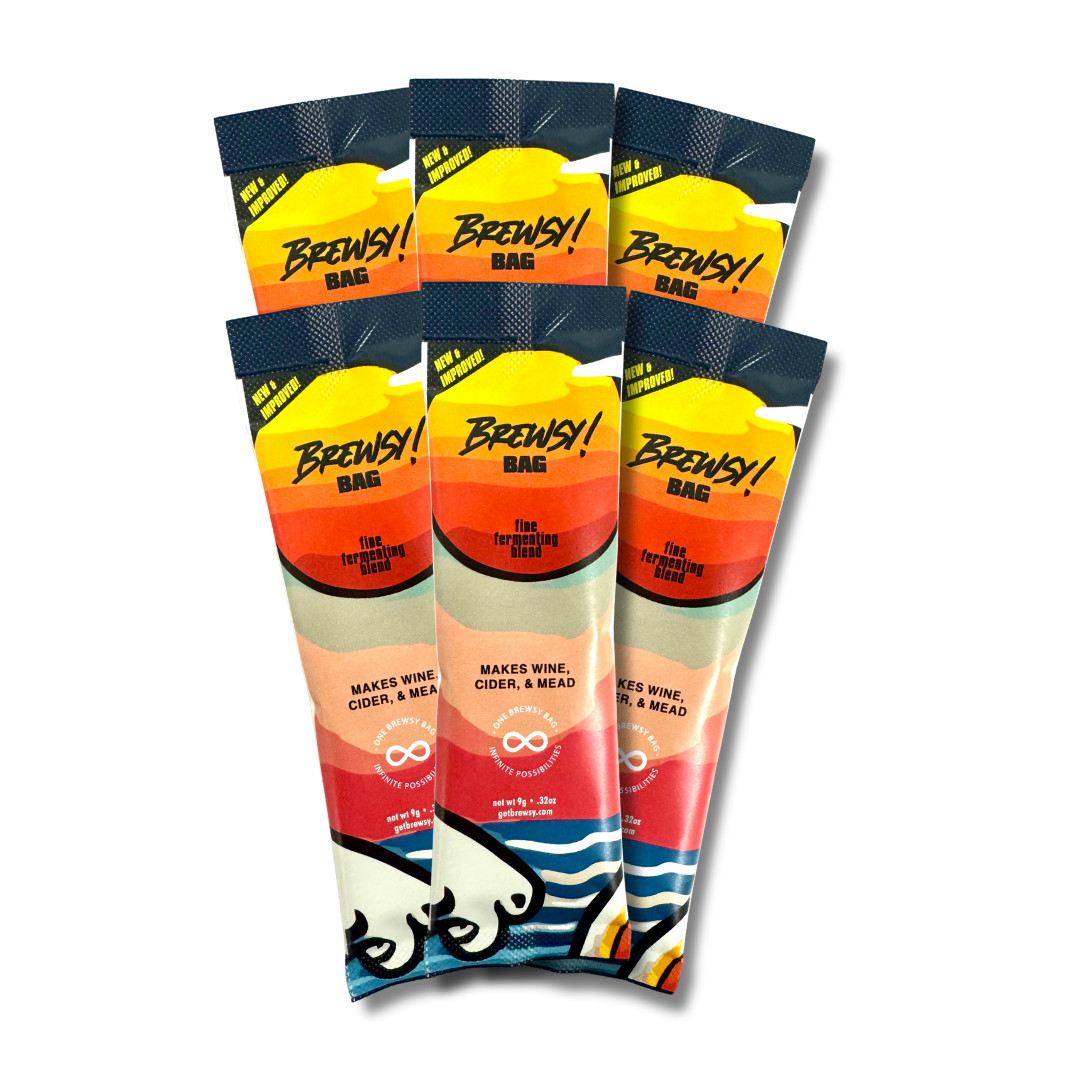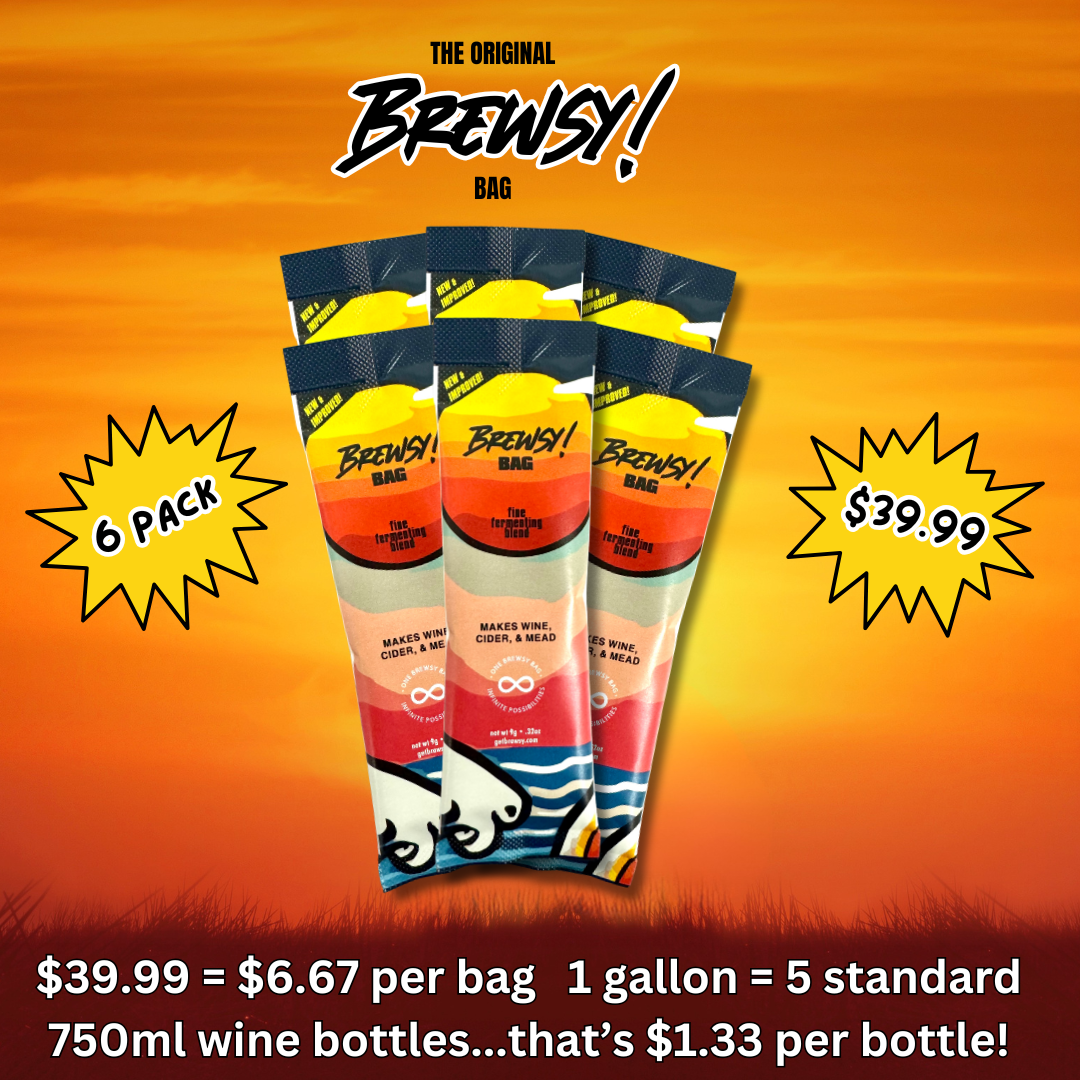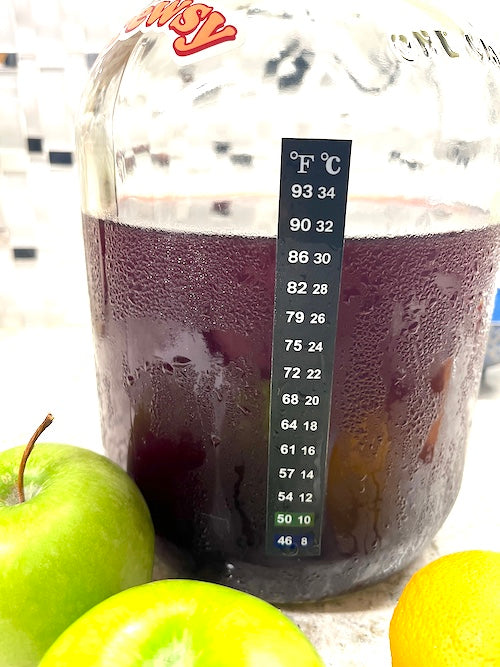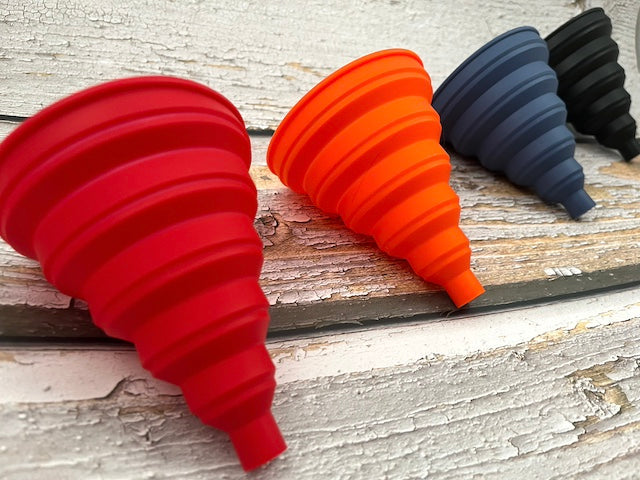
Does Wine Freeze?
Storing wine the freezer is an option most people would entertain, but is it possible to freeze wine? Does wine freeze? The answer is yes, wine freezes. But there are a few things you should know before storing your wine in the freezer.
Why would one freeze wine? There are times when you may open a bottle of wine, but not finish it, and would it a shame to simply throw it out so freezing is an option.
At what temperature does wine freeze?
Wine freezes at 22 degrees Fahrenheit or -5.5 degrees Celsius. However, its freezing point will depend on the wine’s alcohol content. Wines with high alcohol will have lower freezing points.
When will the wine freeze?
As mentioned earlier, alcohol content dictates a wine's freezing point, thus, duration until it freezes can also vary, but, on average, it usually takes five hours for these wines to freeze. But you will know the wine is frozen when you see physical reactions, like a slight change in taste or notable transformations.
What happens to frozen wine?
The following may occur when wine freezes: oxidation, bottle breakage, and freezer burn.
Oxidation happens when the wine is exposed to oxygen. This can happen when the cork is removed or when the wine is left open for too long. The result is a change in color and flavor. This happens because only the water content of the wine freezes, but not the alcohol content.
Bottle breakage can occur if the wine freezes and expands too much. When this happens, the pressure can cause the bottle to break. On top of being dangerous, it can also be quite tedious to clean up one's freezer.
Freezer burn is when the wine dries out. Not unlike meat that has been stored too long in the freezer, liquids such as wine can also suffer from freezer burn. This can happen if the wine is left in the freezer for too long or if it's not properly sealed. The dehydration of wine can cause a loss of quality, thus, removing the would-be beautiful tastes and aromas.
In spite of the potential disadvantages of freezing wine in terms of flavor and smell, it does not affect alcohol content at all, so there is the option of consuming it as a slushy, something becoming quite popular with US wineries.
What uses are there for frozen wine?
Frozen wine is not everyone's cup of tea (or glass of wine), but it still has its uses. For example, wine frozen in ice cube trays make for additional flavors in cooking. If you are making a sauce for a dish, simply take an ice cube or two of wine and throw it in the cooking sauce.
On top of sauce or gravy additions, it also makes for an excellent additions to marinades. Make your base marinade, and add an ice cube or two of frozen wine to it.
Lastly, there is also the option of turning into vinegar. For this, you will need a mother vinegar (a.k.a. mother of vinegar) which, along with oxygen, turns wine into vinegar. While it may be easier to simply purchase vinegar, it should at least make for a fun scientific experiment.

